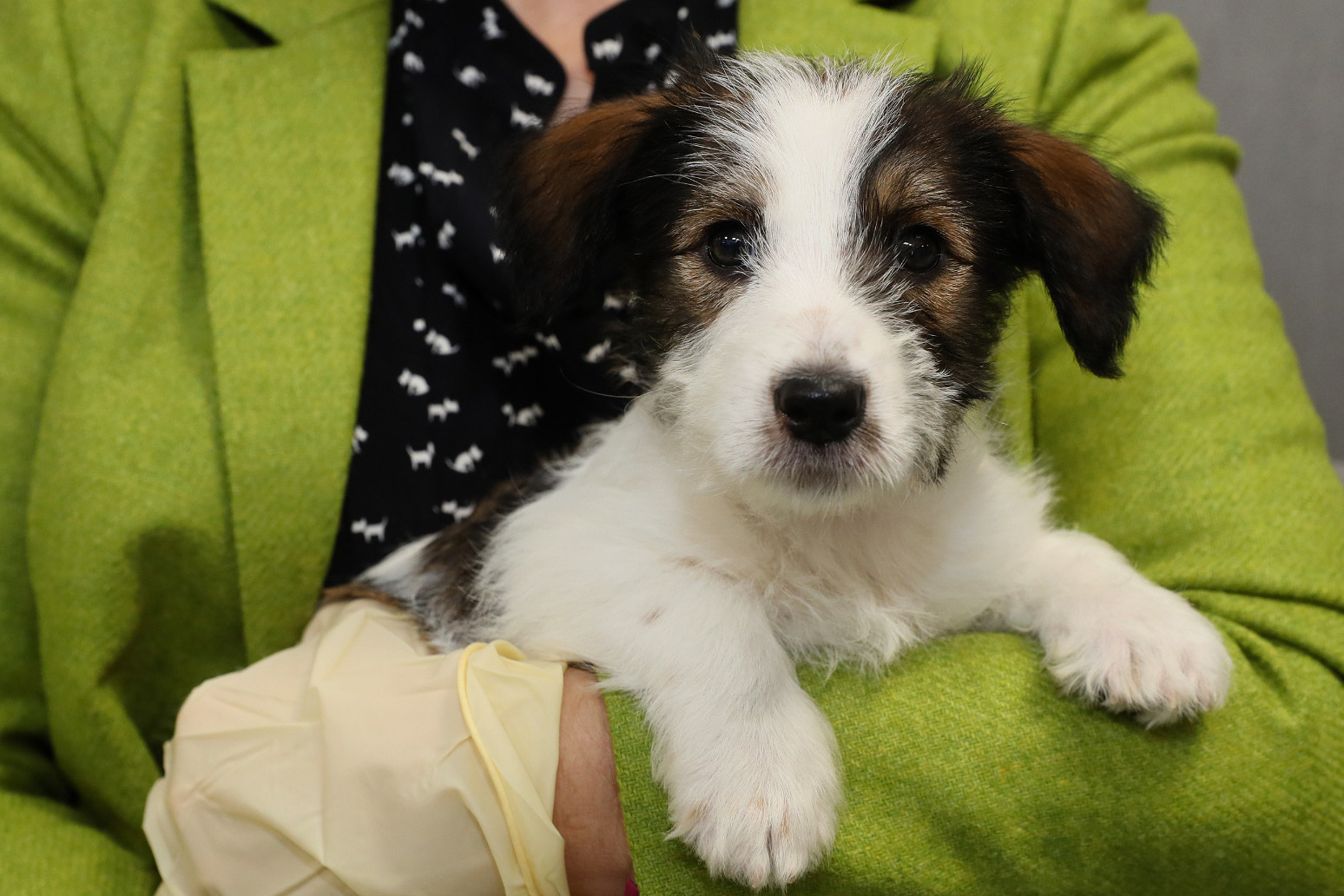
‘Toxic’ chocolates and Christmas puds top vets’ list of festive dangers for pets
It comes from research from The British Veterinary Association
Christmas is a time of fun and festivities, but the presents, treats and decorations can often prove dangerous for pets if owners are not careful. The British Veterinary Association (BVA) is urging pet owners to keep common hazards like chocolates, mince pies, Christmas puddings and festive decorations safely out of reach of their pets to avoid an emergency trip to the vets over the holidays.
The warning comes in a year when there are many owners celebrating their first Christmas with dogs or cats who joined the family during the pandemic and may not be fully aware of the dangers posed by certain festive foods and decoration items. Chocolate, raisins and other dried fruit, xylitol in sugar-free products, onion, garlic and seasonal decorations like mistletoe and holly can all be dangerous to dogs and cats if eaten. Chocolate is commonly the top doggy edible hazard that requires a visit to the vets over the festive period, while cats are most likely to need veterinary treatment for ingesting non-edible items such as seasonal plants and antifreeze.
A BVA survey last year showed that more than eight in ten companion animal vets (82%) across the UK had seen at least one case of toxic ingestion over the Christmas break in 2019. 94% of vets had seen at least one case of chocolate poisoning in dogs that year, followed by cases involving raisins or sultanas and xylitol. Seasonal plants like lilies, mistletoe, poinsettias and holly were the top culprits for cats, followed closely by cases of antifreeze poisoning. Vets treating companion animals also saw cases of foreign body ingestion, of which a quarter involved Christmas decorations and a fifth were from gifts that were kept out for humans (e.g small parts of toys).
BVA is offering these top tips for keeping Christmas hazard-free for pets:
- Protect your pet from poisons: A range of festive treats and traditions, such as chocolate in advent calendars and sweets, raisins, xylitol (found in sugar-free treats), some nuts, grapes, liquorice, poinsettia, holly and mistletoe are toxic to cats and dogs.
- Keep decorations out of reach: Ribbons, wrapping paper, baubles, tinsel and tree lights can seem like appealing playthings to cats and dogs but can be very dangerous if broken, chewed or swallowed. Batteries for Christmas gifts also need to be kept safe as, if ingested, they may cause severe chemical burns to the mouth, throat and stomach.
- Forget festive food for pets: We all enjoy a richer diet over Christmas, but fatty foods and Christmas dinners shouldn’t be shared with the animals of the household. They can trigger sickness and diarrhoea or conditions such as gastroenteritis and pancreatitis, so try to stick to your pet’s regular diet and routine. Too many treats can also lead to pet obesity.
- Keep away the bones: Cooked bones, including turkey bones, should not be given to pets as they can splinter and puncture the digestive tract.
- Know where to go: Even with all the care in the world, animal accidents and emergencies can still happen. Make sure you’re prepared by checking your vet’s emergency cover provision and holiday opening hours or, if you are away from home, use the Royal College of Veterinary Surgeons’ Find a Vet facility
